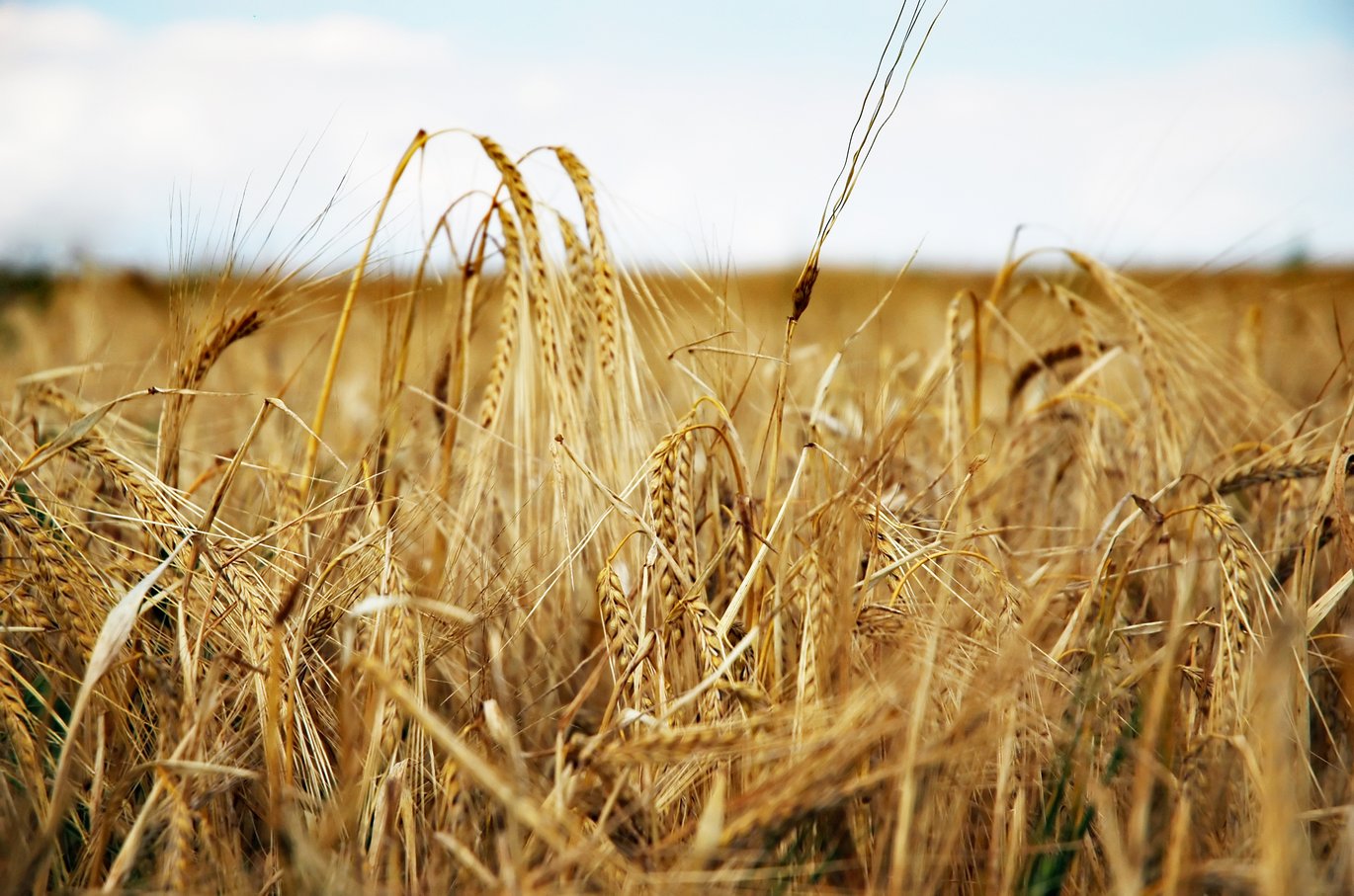Improving drought resistance in barley using microbiomes
In BarleyMicroBreed, a new Horizon Europe project, researchers from Aarhus University will improve plant resistance to drought by exploiting the interaction between barley and its root microbiome. If the microbiome can increase barley's drought resistance, it could turn out to be one of the ways to increased food security in the future.

The resilience of our agricultural ecosystems to climate change and soil degradation is crucial for global food security, and according to Professor Mogens Nicolaisen from the Department of Agroecology at Aarhus University, holistic approaches are needed to protect and improve natural resources.
"We need to be able to increase the resilience of crops to a changing climate. Quite simply, we need to optimise a wide range of crops to increase their resistance to, for example, drought and reduce the need for external inputs," says Professor Mogens Nicolaisen, from the Department of Agroecology, Aarhus University.
He leads a new Horizon Europe project that aims to exploit the interactions between plants and soil micro-organisms to improve the resilience of agricultural crops to future climate change.
Interaction between plants and microbiomes
The new project focuses on how to improve the resource efficiency and drought resistance of agricultural crops by optimising the interactions between plant roots and the existing microbiota - the communities of micro-organisms already present in the soil. The focus is on barley, and it's no coincidence that this is the crop researchers have turned their attention to. Barley is known to be highly resistant to drought, but even barley has its limitations, and if the future brings increasingly severe droughts, even growing barley will fail in many parts of Europe. At the same time, the research team will hopefully be able to decipher the mechanisms behind barley's drought resistance and exploit it in other crops.
BarleyMicroBreed is funded by Horizon Europe with €8 million, and researchers from a total of six countries are participating.
"There is a widespread understanding that inoculating different crop species with beneficial microorganisms will increase crop productivity, as well as increase their resistance to, for example, drought. However, convincing results under field conditions have rarely been achieved. In theory and in the laboratory, it works, but in real field conditions, there has so far been limited success in introducing beneficial microorganisms," says Mogens Nicolaisen.
The BarleyMicroBreed project aims to rectify this. It is based on the fundamental assumption that the plant itself should be able to attract the beneficial microorganisms that naturally occur in the soil. This will be a much more sustainable solution than simply adding microorganisms that may not thrive in the given environment. The project will provide a much better understanding of the complex interactions between the crop and the micro-organisms, so that the theory can be turned into a practical success and applied to European fields.
"We will advance our mechanistic understanding of the interactions between the crop genome, root phenotypic traits and the composition and function of the root microbiota," explains senior researcher Mette Vestergård Madsen from the Department of Agroecology.
The idea is that a better understanding of the interactions between crops and microorganisms will pave the way for new crop breeding strategies. In this way, future crops can be tailored not only to exploit the benefits of soil microbial diversity, but also to maintain or even increase soil biodiversity. More specifically, the aim of the project is to improve the resistance of barley to drought.
"We can do this by mapping links between barley genes and root microbiomes that promote the root traits that are crucial for barley resistance to drought," explains Mette Vestergård Madsen.
More about the project | |
| Collaborators | The project is carried out in collaboration between Aarhus University, University of Copenhagen, BOKU (Austria), ICARDA (Lebanon), MetasysX (Germany), Photon Systems Instruments (Czech Republic) and Lantmannen (Sweden). |
| Funding | Horizon Europe |
| Amount allocated | €8,000,000 |
| Project period | 6 years from November 2022 |
| Contact | Professor Mogens Nicolaisen, Department of Agroecology, Aarhus University. Tel: +4524757668 or mail: mn@agro.au.dk Senior Researcher Mette Vestergård Madsen, Department of Agroecology, Aarhus University. Tel: +45 41593003 or mail: mvestergaard@agro.au.dk |
